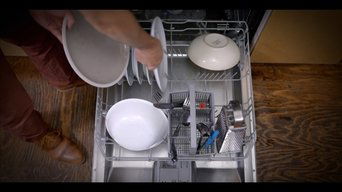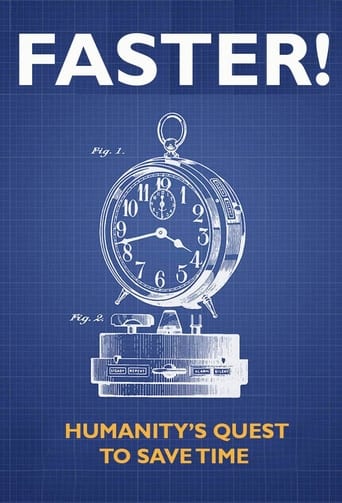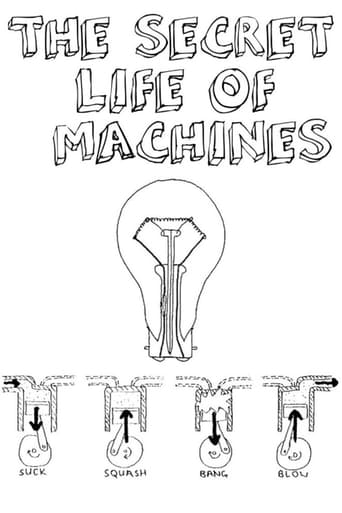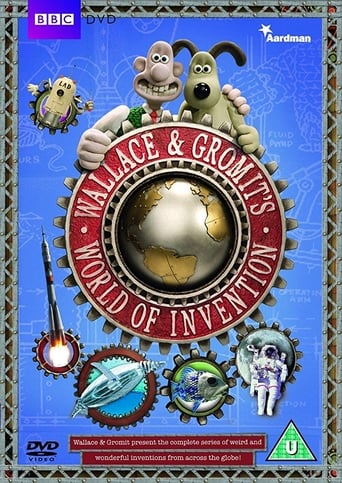Faster! Humanity's Quest to Save Time (2021)
Faster! Humanity's Quest to Save Time
2021
Explores the scientific, social, economic and environmental consequences of supposedly time-saving inventions, ideas and objects. Throughout a lifetime, the minutes that are actually lost or saved can add up to days, weeks, months or even years.
Seasons & Episode

At any given moment there are about 18,000,000 elevators operating around the world. They’re the backbone of the modern city and have quite literally shaped the world in which we live. But have you ever given any thought to just how much time they’re actually saving you? Or maybe even costing you?

Since the beginning of time, humanity has been on a quest to go further and get there faster. Over time, roads have evolved from the footpath to the high speed limited access highway. Today we take them for granted, but have you ever given any thought to whether they’re really saving us any time?

Over a lifetime, many of us spend hours, days, weeks, and even months in their covered, climate-controlled, everything-under-one roofs. Shopping malls didn’t only change the way we shop, they changed the way we think about shopping. And for better or worse, they changed the way we spend time.

The invention of the sealable plastic container in 1946 changed the way we shop for food, the way we cook, and the way we eat. They allow us to eat on the move, prep in advance, and reduce food waste. But somewhere along the way, did they also contribute to an expectation of hyper-productivity?

Discovered by accident in 1946, the microwave oven revolutionized kitchens and today is one of the most ubiquitous household appliances in the world. But the technology behind it is about so much more than popping popcorn.

Originally invented to save lives, the disposable cup would become an international symbol of busyness, a must-have multitasking accessory. But is it all an illusion? Do these single-use cups actually save us any time?

The barcode shortened check-out times, advanced the global supply chain, accelerated next-day delivery, and made same-day delivery possible. They’re scanned some 6 billion times a day around the world and counting.

It’s responsible for nightly fights around the world; to pre-rinse or not? Whose turn to load? Knives up or down? But the dishwasher also saves you about 230 hours a year, is kinder on your wallet and on the environment.
Explores the scientific, social, economic and environmental consequences of supposedly time-saving inventions, ideas and objects. Throughout a lifetime, the minutes that are actually lost or saved can add up to days, weeks, months or even years.
Watch Trailer
Free Trial Channels

































